After 5 years, the Ministry of Education and Training assessed that the mechanism has gradually become practical, positively impacting the improvement and enhancement of the quality and efficiency of university operations.
The network of highereducation quality assessment organizations has been expanded and diversified with 7 domestic organizations; in addition, there are 10 foreign organizations recognized by the Ministry of Education and Training operating in Vietnam. The assessment team has been strengthened in both quantity and quality (more than 600 people have been granted cards by the Ministry of Education and Training). The quality assurance system within higher education institutions has been strengthened; quality assessment work is increasingly effective, gradually integrating internationally.
As of June 30, out of more than 8,000 training programs of the entire higher education system (including undergraduate, master's and doctoral degrees), 2,585 programs have been accredited and certified by domestic and foreign accreditation organizations; of which 694 programs have been evaluated and recognized by prestigious international accreditation organizations. Accreditation and evaluation outside of training programs help higher education institutions enhance their reputation, make their activities transparent and meet the recruitment needs of the labor market.
In addition to the results and positive impacts on the system, regulations on quality assurance and accreditation of higher education in general and program accreditation in particular also arise shortcomings. The 2018 Law on Higher Education empowers accreditation organizations to conduct external assessments and establish councils to review and recognize the achievement of higher education quality standards.
The contents of university quality assessment often stop at the surface, listing tasks and necessary things without going into the substance and effectiveness of training management. The results of university quality assessment are not used effectively; leading to perfunctory work, reporting results, but not for changes in training quality.
Although there are regulations on inspection, supervision, and evaluation of the activities of inspection organizations, reality shows that there is no effective State management mechanism to ensure the reliability of the results of evaluation and recognition of quality standards.
Regarding program accreditation, the mandatory accreditation of all large training programs creates great pressure and high costs for higher education institutions and overloads the accreditation system. The imbalance between the capacity of accreditation organizations and the accreditation needs of higher education institutions also leads to consequences such as formality and coping, which reduces the positive effectiveness of quality accreditation. These difficulties and limitations need to be fully and comprehensively identified.
Currently, the Ministry of Education and Training is implementing the task of amending the Law on Higher Education; in which, one of the major policies is to innovate the approach, ensuring the substance in the work of ensuring the quality of higher education.
Regarding program accreditation, the Ministry of Education and Training proposed to supplement the mechanism and standards for system accreditation for higher education institutions; regulate the decentralization of autonomy in assessing and accrediting training programs for qualified higher education institutions that have achieved system accreditation. At the same time, it is necessary to overcome the neglect of self-assessment activities (ensuring internal quality); and step to remove the problem of overload and waste when requiring external accreditation and assessment of all training programs.
Source: https://giaoducthoidai.vn/kiem-dinh-chat-luong-gd-dai-hoc-doi-moi-cach-tiep-can-post739772.html


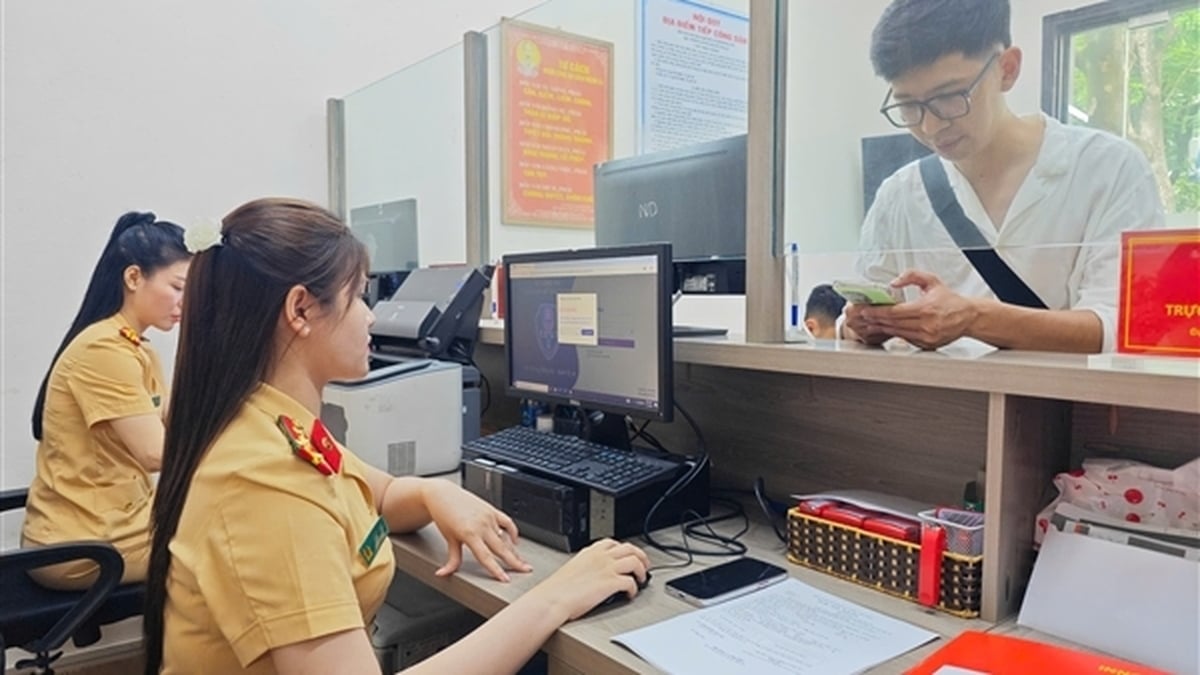

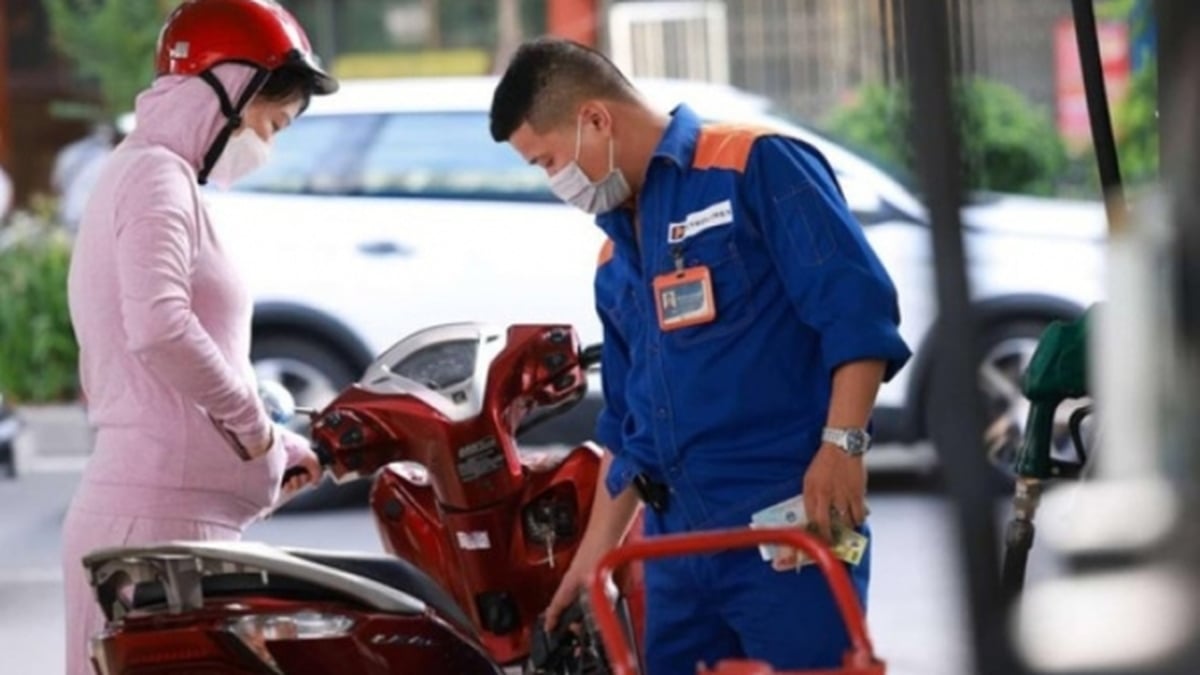
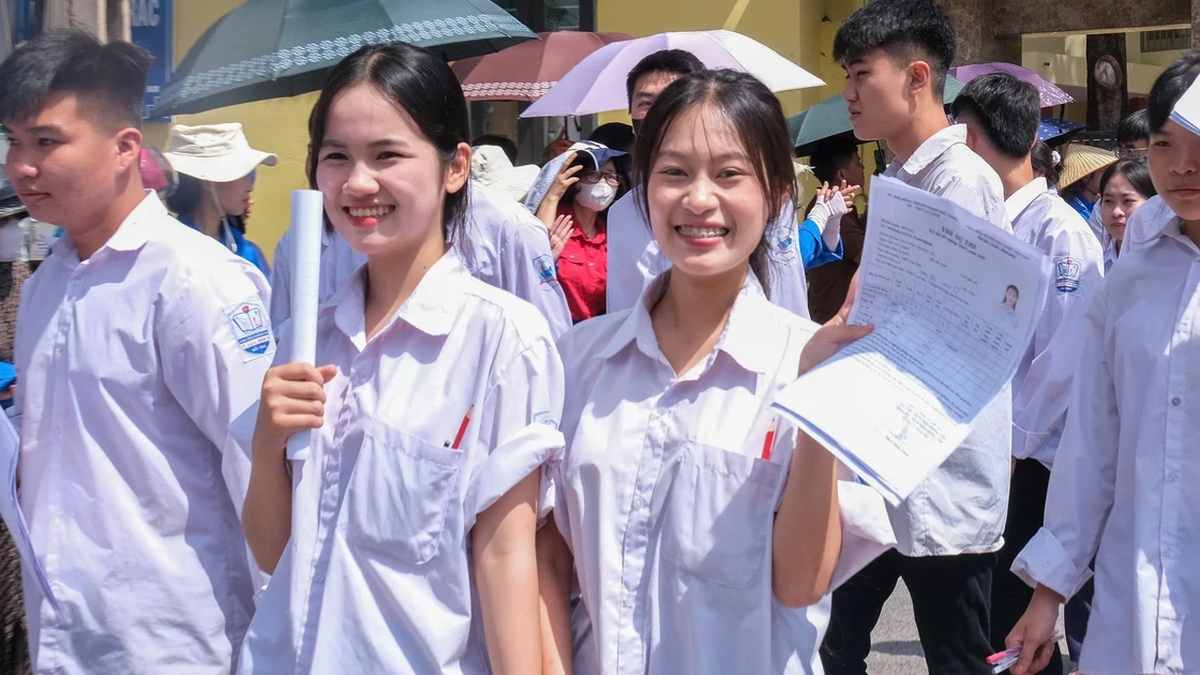

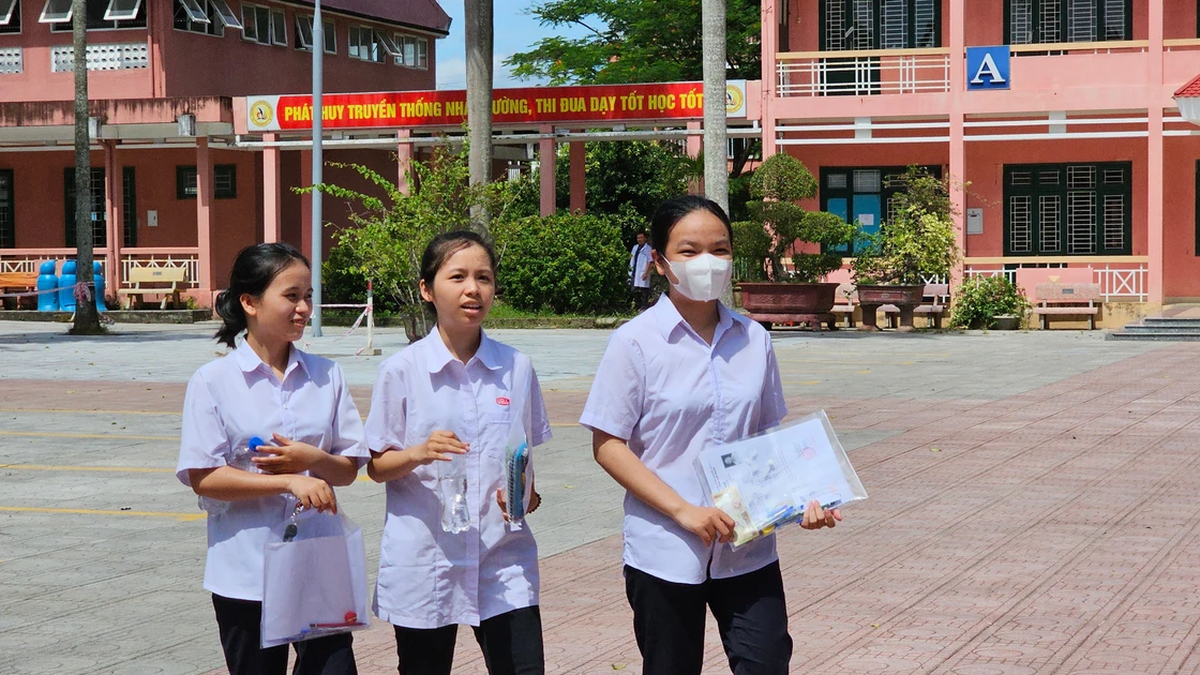

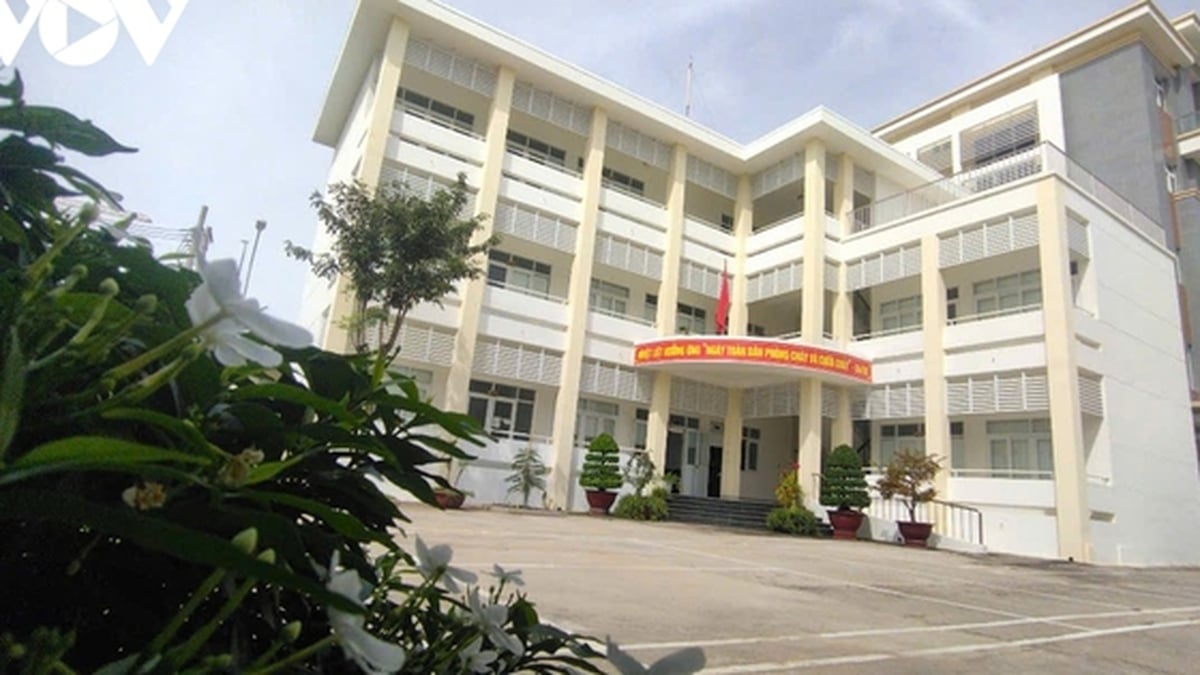
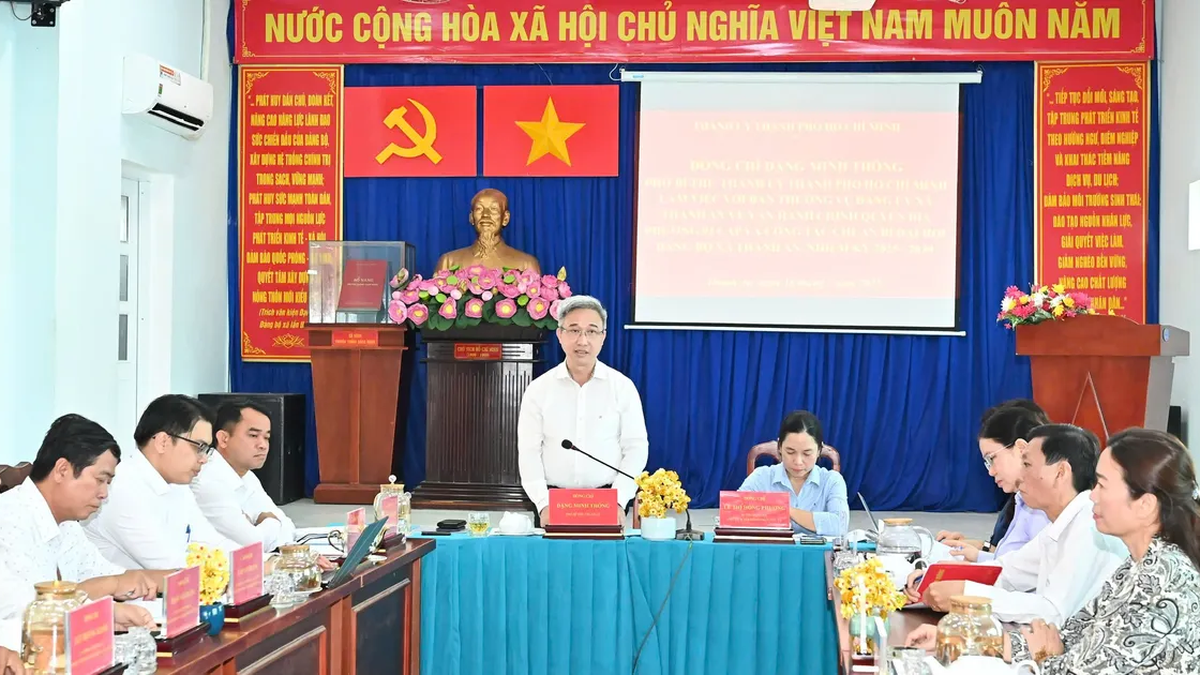







































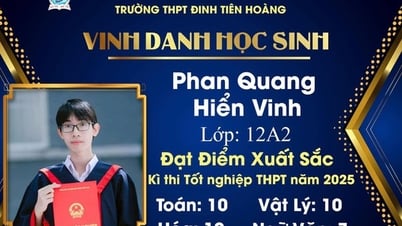







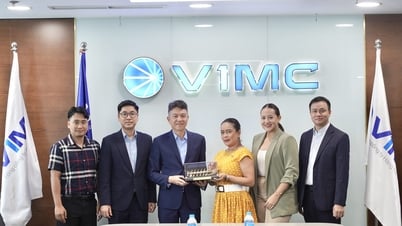









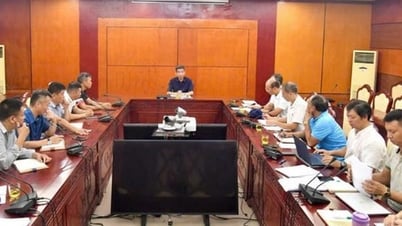






























Comment (0)